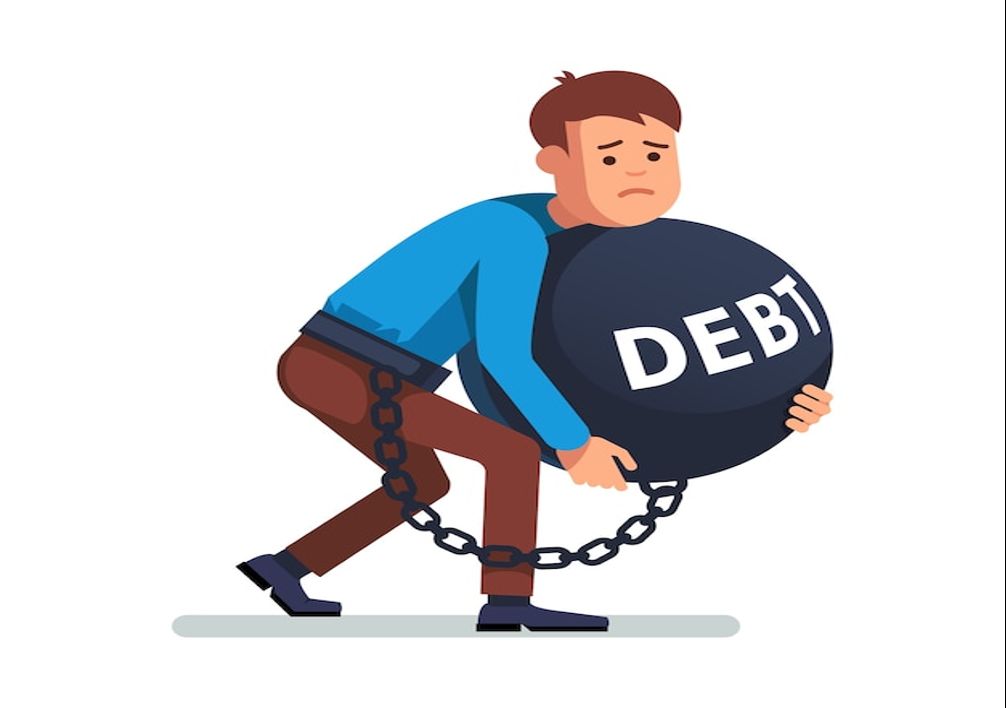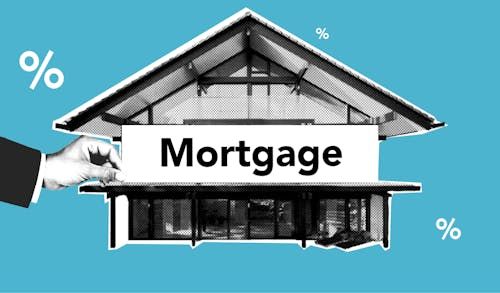Buying a property through bank finance can be an exciting step toward homeownership, especially for middle-class families looking to secure their dream home. But before you dive into the world of property financing, it's essential to understand the potential pitfalls. In this article, we’ll explore the top traps that every homebuyer should avoid to ensure a smooth and successful mortgage experience. From setting achievable goals to managing your public image, these tips will empower you to make informed decisions in your real estate journey.
Setting Achievable Goals

First things first, it’s crucial to set achievable goals. Before you even think about applying for a mortgage, take time for financial planning. Ask yourself: “How much can I afford?” Setting realistic loan repayment goals helps you stay on track. Make sure your income sources are stable enough to cover your payments. It’s like having a game plan before the big match.
Separating Emotions from Investments

Next, let’s talk about emotions. When it comes to property, it’s easy to get swept up in the excitement. But remember, this is an investment strategy. Focus on what you can afford rather than what looks flashy. Think of it this way: buy what fits your budget, not just what catches your eye.
Avoiding Impulse Purchases

Now, let’s discuss impulse purchases. Imagine this: you’re approved for a loan, and suddenly, you feel the urge to buy that shiny new car or start a new business. Resist that temptation! These impulsive decisions can hurt your financial history. Banks look at your overall spending when they review your credit score, and having less money in your account can lower your chances of getting the property you want.
Maintaining a Stable Bank Account

Speaking of bank accounts, keep yours steady. Having a fluctuating bank account can raise red flags during the loan approval process. If your account shows sudden large amounts of money going in and out, the bank might question your financial stability. Aim for consistency; it shows you’re a reliable borrower.
Staying Out of Debt

Debt can be tricky. It’s essential to stay out of unnecessary debt. Maintaining a low debt-to-income ratio is crucial. When banks see that you have little to no debt, they’re more likely to trust you and finance your property. A strong creditworthiness will work in your favor, giving you better options for property financing.
Avoiding Collaborations in Loans

Now, let’s chat about collaborations. While teaming up with others for loans might sound good, it can complicate things. If your partner defaults, it could affect you too. Stick to applying for loans on your own to keep your financial stability intact. This way, you know exactly where you stand.
Managing Your Public Image

Lastly, don’t underestimate your professional status. When you’re looking for a loan, banks will check your employment history. Avoid starting a new job or business right before applying. Staying in your current position can boost the bank’s confidence in you as a borrower.



